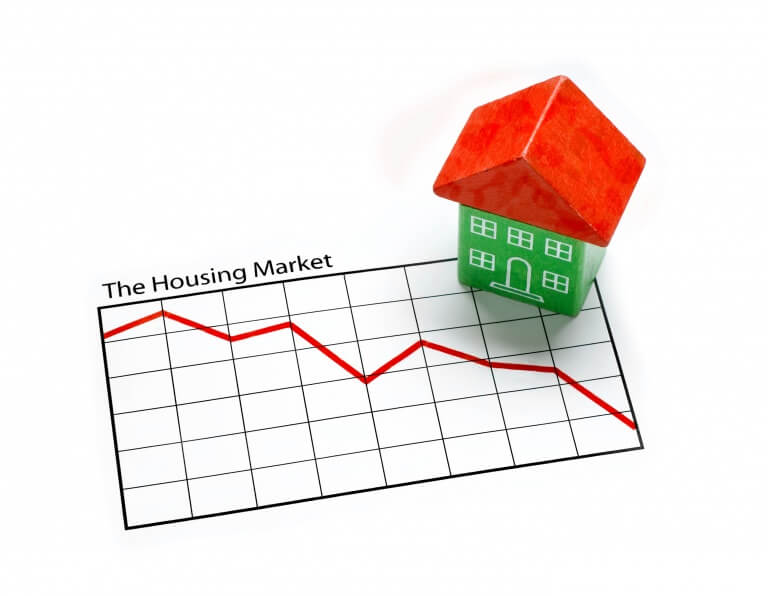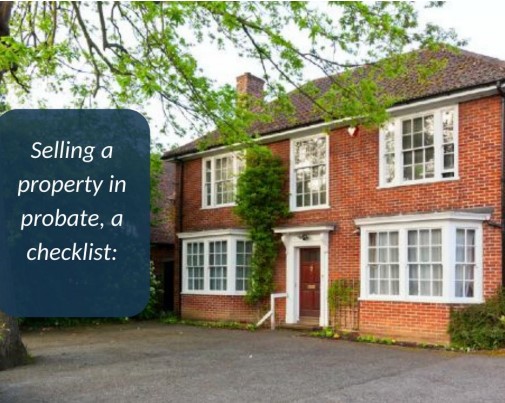The regional division of negative equity in property
Almost ten years has passed since the recession – and it seems that homeowners in the north, particularly those who bought with interest-only mortgages, are facing a difficult future.
In 2009, the financial crisis saw the value of homes come crashing down. Prior to the crisis, prices had skyrocketed – leading many to believe that the UK property market was invulnerable.
For many property selling experts, the writing was on the wall long before the mainstream media began to take note of lenders offering mortgages with little to no deposit. But by time the public became aware of the impending market crash, it was too late. Almost a decade later, countless homeowners are still reeling from the loss of value on their homes, many of which are still in negative equity.
The issue is even more worrisome for those who chose to take out mortgages on an ‘interest-only’ basis before the crisis, as borrowers believed the increase in value of their homes would allow them to pay off the outstanding amount once their terms came to an end. With the loss of property values however, the future for interest-only borrowers is looking bleak.
While there are greater safeguards in place today to protect both buyers and lenders from stumbling into deals they cannot afford, those who borrowed before these new regulations were introduced have found themselves living on a knife’s edge.
While the Bank of England continues to keep interest rates at a historic low, it is fast running out of room to manoeuvre. The fall from peak levels of 5% in late 2008 to 0.5% today has seen savers and homeowners lose faith in the system as their nest-eggs fail to grow in accordance with previously held beliefs.
What is most shocking however is the disparity in recovery between northern and southern regions. Despite facing its own property bubble, London’s market appeared to recover in record time. Furthermore, only 0.03% of southern homeowners are facing a state of negative equity if property prices fall as much as 10% once the UK leaves the EU – whereas in the north, 22% of homeowners face the same fate.
Combined with the fact that interest rates have nowhere to go but up, borrowers who are living paycheck-to-paycheck may find themselves paying more, for houses that are worth less. Is there an answer for those in the north who are struggling to sell their homes due to the perceived losses? For vendors, it is a case of hedging bets as to whether the triggering of Article 50 will see a UK housing market that exhibits resilience, or in a worse-case scenario, a loss of value on their homes.
While independent buyers are likely to be more cautious in the short-term, property buying companies are always willing to buy any home for cash, regardless of market conditions – with the added benefit of an efficient fast house sale without having to deal with estate agencies or their associated fees, as well as avoiding the stress of taking a gamble on their long-term investments.
Worried about falling into negative equity? Why not ask National Homebuyers for advice, as we buy any house. Call 08000 443 911 or request a call back to find out how much you could get for your property.






